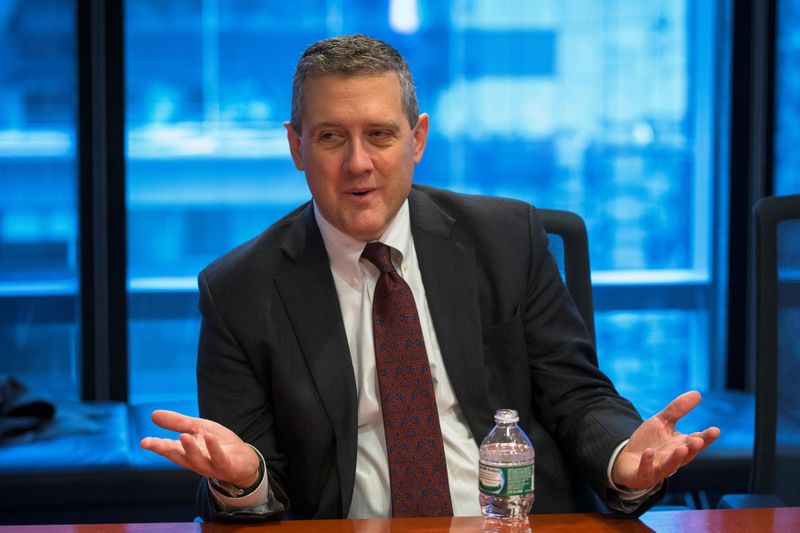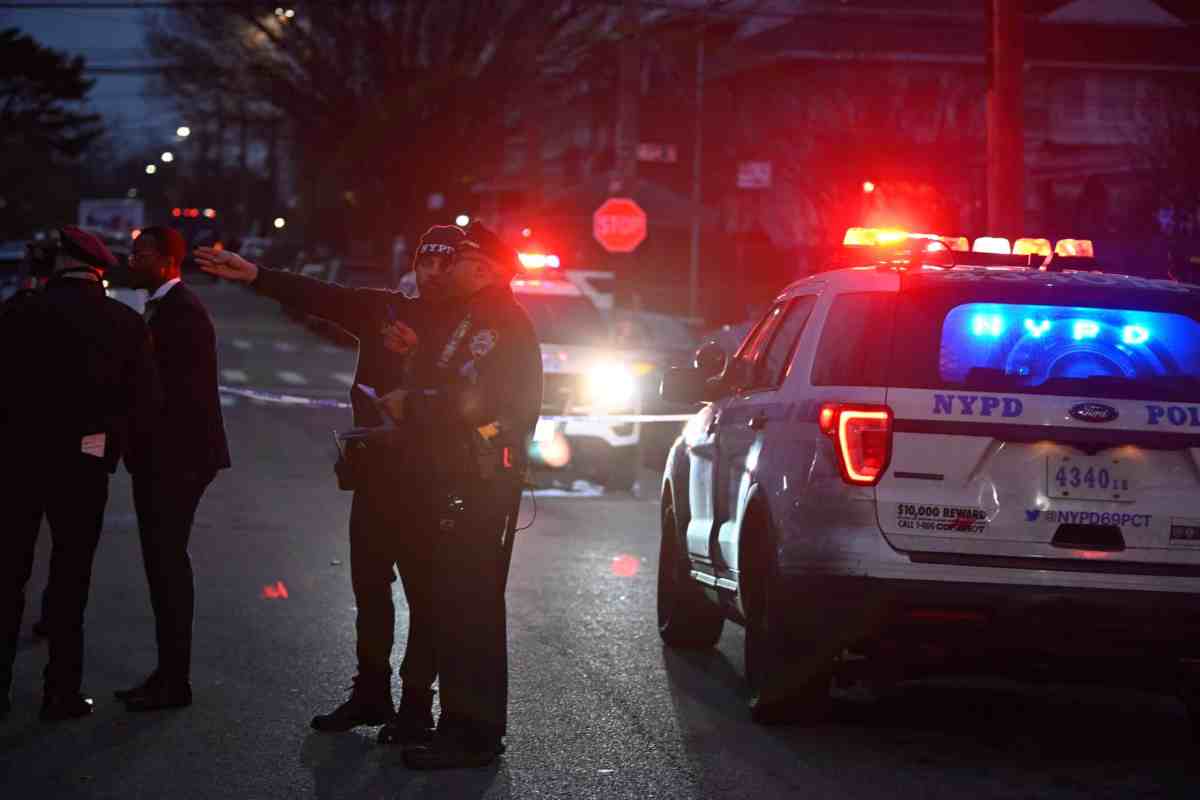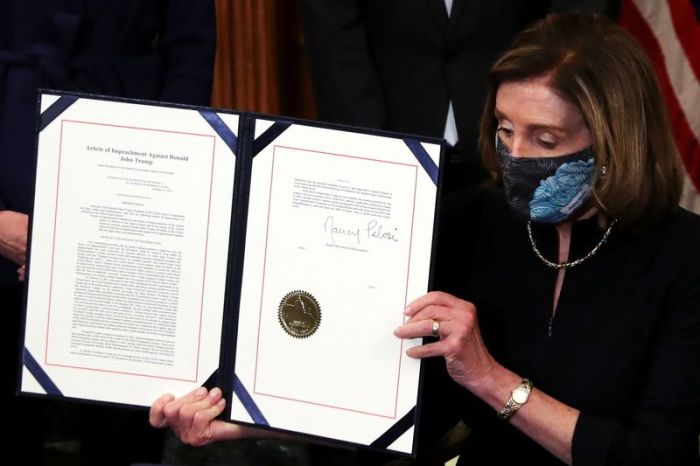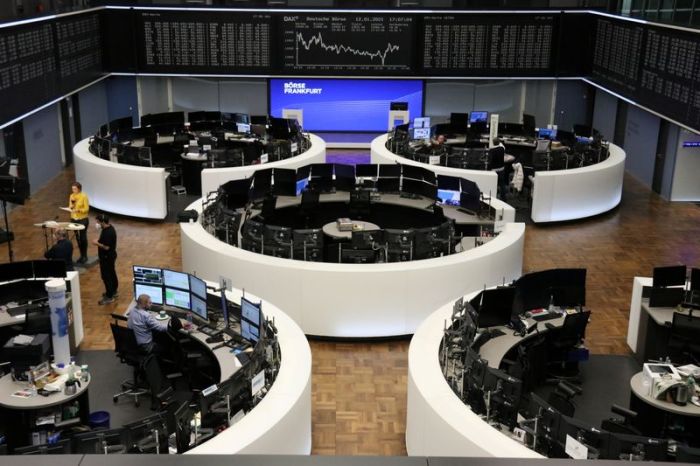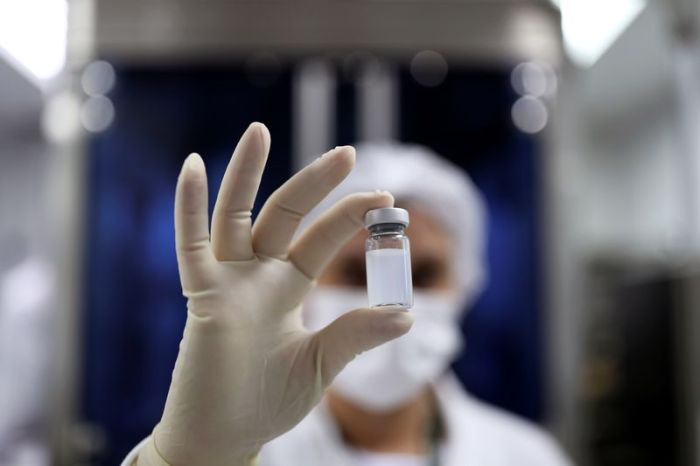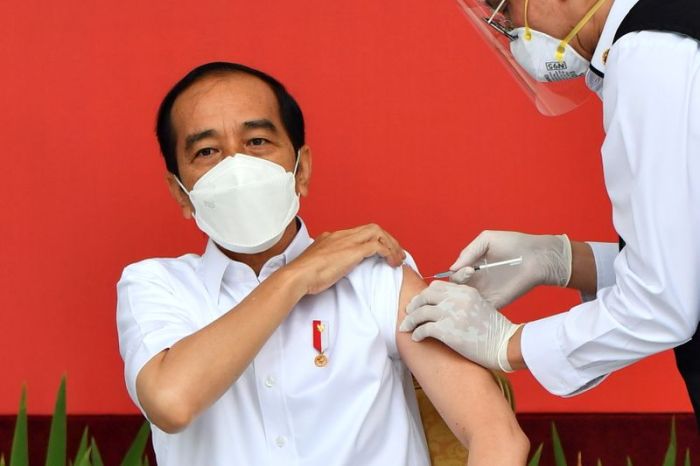(Reuters) – All signs are pointing to a rise in U.S. inflation, St. Louis Federal Reserve President James Bullard said on Wednesday, but though the economy may boom later this year, it’s too early to say when the Fed could take any steps to pull back on its super-easy policy.
The money supply has “exploded,” fiscal deficits are “off the charts” and a hot economy may either already be here or “just around the corner,” Bullard said in an interview at the Reuters Next conference.
And with vaccines going first to the elderly and others who are most at risk of dying from COVID-19, he said, daily deaths – now likely near their peak – will drop. “You are going to see that’s going to have big ramifications for the economy” as people worry less about the risks, he said.
“I don’t think there will be a spectacular date when you can say, ‘All clear.'” Bullard said. “I think what will happen is the disease will be less deadly…the virus is going to run out of victims.”
Still, Bullard said, labor markets still have a “long way to go” before they are healed. And even with inflation set to rise, the Fed won’t preemptively tighten policy in response. Inflation has underrun the Fed’s 2% target for the last decade, and has pledged to allow it to exceed 2% for some time to reestablish its credibility.
The Fed has kept rates near zero since last March and has signaled it will keep them there for years to give inflation time to do just that. The central bank has also vowed to keep buying Treasuries and mortgage-backed securities at its current pace of $120 billion a month until it sees “substantial” further progress toward its goals of full employment and price stability.
While a couple Fed policymakers have said they could see that bar being met later this year, Bullard said Wednesday he still needs to see how things develop.
“Labor markets have improved dramatically but still have a long way to go… you still need unemployment to drop, jobs to come back… certain sectors have really been hard hit and for them to come back we are going to have to get this vaccine rolled out,” he said. For the economy as a whole, “it’s possible you get a boom… but let’s wait and see if that actually happens.”
(Reporting by Howard Schneider and Ann Saphir; Editing by Chizu Nomiyama)

